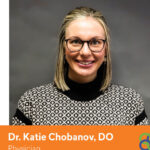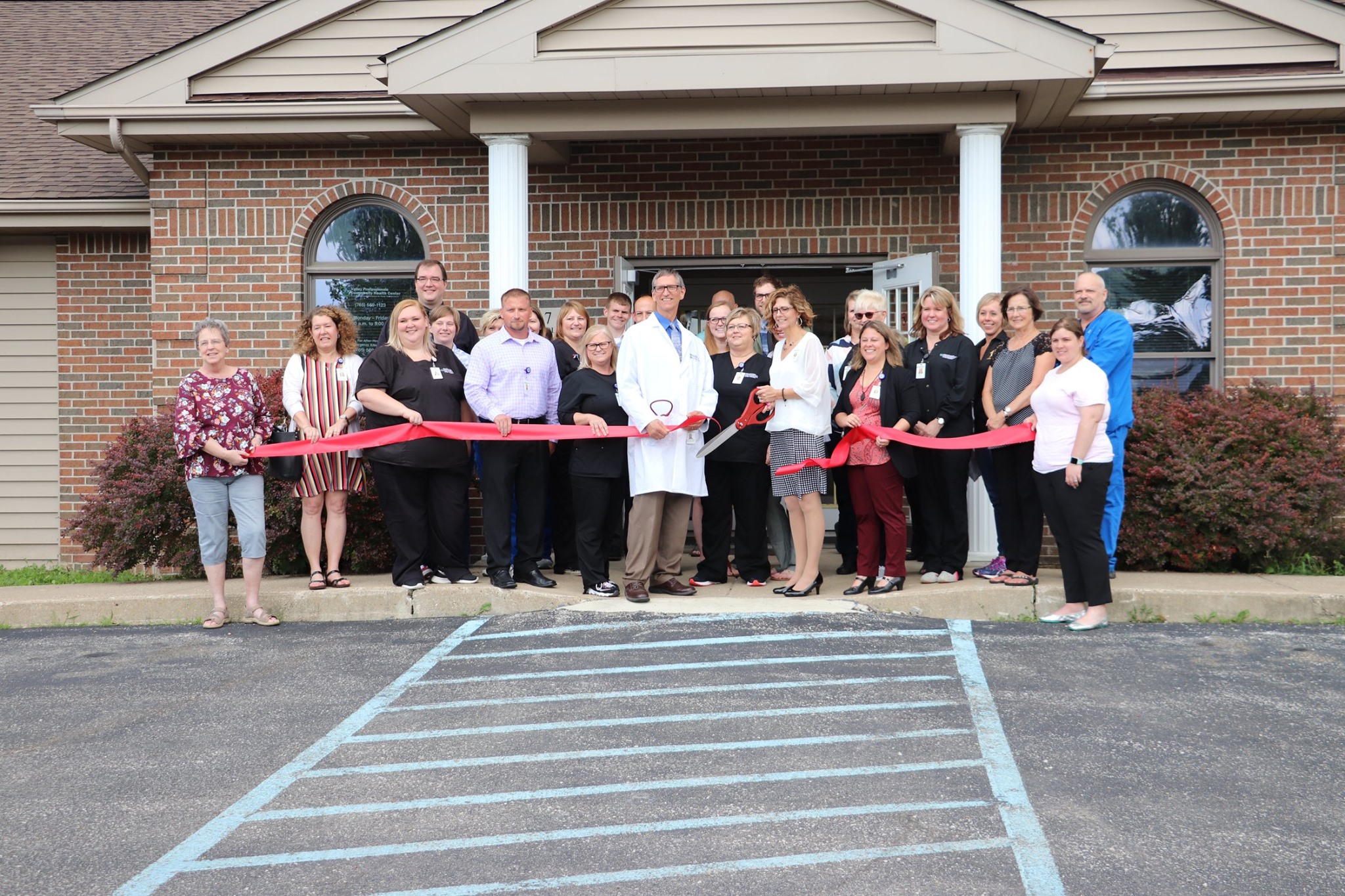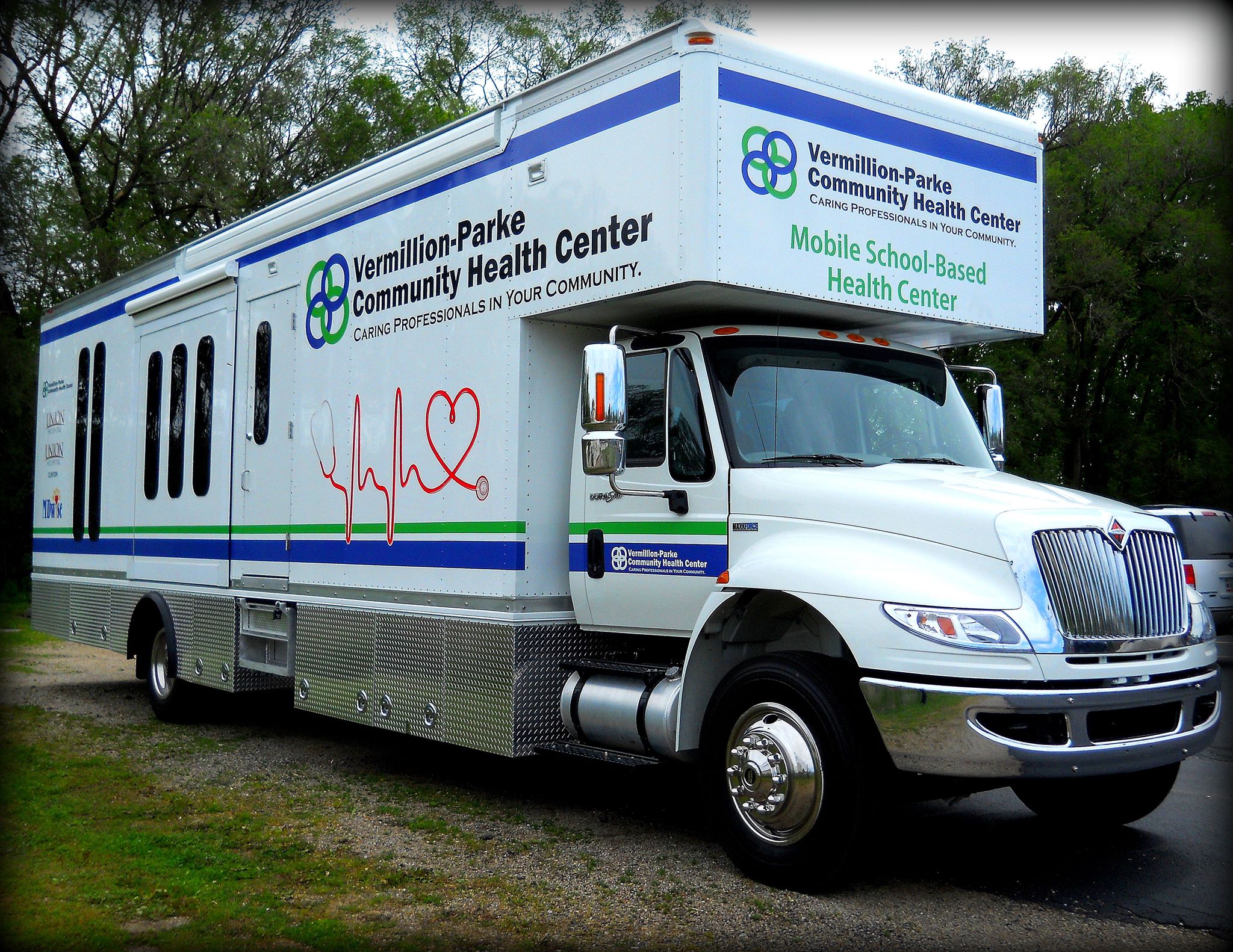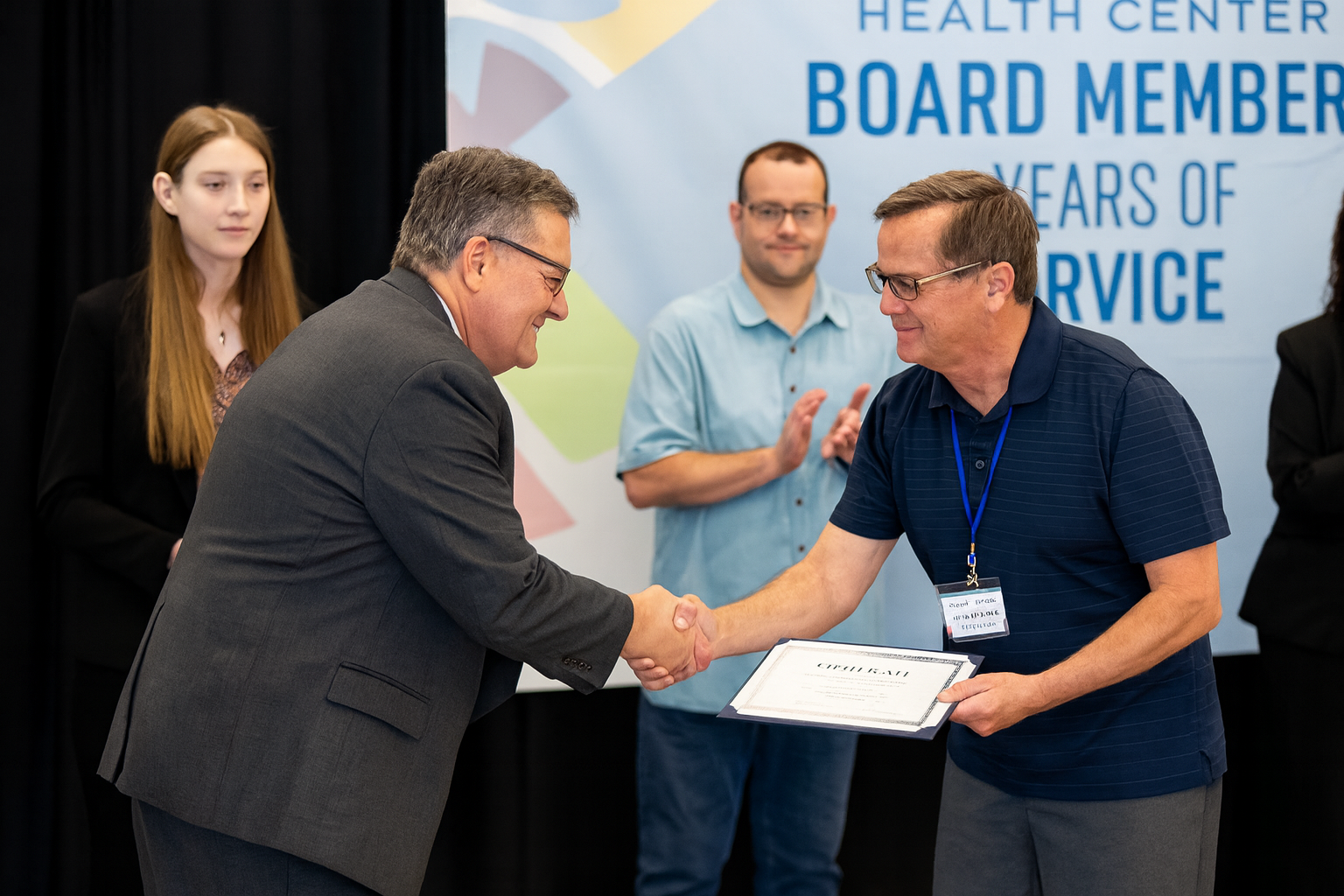What is National Drug & Alcohol Facts Week National Drug and Alcohol Facts Week, or NDAFW, is an annual health observance that inspires dialogue about the science of drug use and addiction among youth. It provides an opportunity to bring together scientists, students, educators, healthcare providers, and community partners to help advance the science and …
What is National Drug & Alcohol Facts Week
National Drug and Alcohol Facts Week, or NDAFW, is an annual health observance that inspires dialogue about the science of drug use and addiction among youth. It provides an opportunity to bring together scientists, students, educators, healthcare providers, and community partners to help advance the science and address youth drug and alcohol use in communities and nationwide. It was launched in 2010 by scientists at the National Institute on Drug Abuse (NIDA) to stimulate educational events in communities so teens can learn what science has taught us about drug use and addiction. The National Institute on Alcohol Abuse and Alcoholism became a partner in 2016, and alcohol has been added as a topic area for the week. NIDA and NIAAA are part of the National Institutes of Health and work with leading organizations, media outlets, and other Government agencies to spread the word about NDAFW.
Did you know…
Alcohol: Alcohol is among the most used drugs, plays a large role in many societies and cultures around the world, and greatly impacts public health. More people over age 12 in the United States have used alcohol in the past year than any other drug or tobacco product, and alcohol use disorder is the most common type of substance use disorder in the United States.
Cannabis (Marijuana): Marijuana refers to the dried leaves, flowers, stems, and seeds from the hemp plant, Cannabis sativa. The plant contains the mind-altering chemical delta-9-tetrahydrocannabinol (THC) and other related compounds. 30.7% of high school seniors used cannabis (marijuana) in the past year.
Cocaine: Cocaine is a powerfully addictive stimulant drug made from the leaves of the coca plant native to South America. As a street drug, cocaine looks like a fine, white, crystal powder. Street dealers often mix it with things like cornstarch, talcum powder, or flour…they also mix it with other drugs such as the stimulant amphetamine. In 2021, approximately 24,486 people died from an overdose of cocaine.
Fentanyl: Fentanyl is a powerful synthetic opioid that is FDA-approved to treat severe pain related to surgery or complex pain conditions. Over the past decade, fentanyl that is made and distributed illegally has been increasingly found in the drug supply, during this time. Fentanyl and related substances have contributed to a dramatic rise in drug overdose deaths in the United States. People both knowingly consume fentanyl and other synthetic opioids and unknowingly consume them when they are mixed into or sold as other drugs, such as heroin, cocaine, or counterfeit pills. Because fentanyl is about 50 to 100 times more potent than morphine and a lethal dose of fentanyl can be very small, using a drug that has been contaminated with or replaced by fentanyl can greatly increase one’s risk of overdose.
Heroin: Heroin is an opioid drug made from morphine, a natural substance taken from the seed pod of the various opium poppy plants grown in Southeast and Southwest Asia, Mexico, and Colombia. Heroin can be a white or brown powder or a black sticky substance known as black tar heroin. In 2021, approximately 9,173 people died from an overdose involving heroin.
Inhalants: Although other substances that are misused can be inhaled, the term inhalants refers to the various substances that people typically take only by inhaling. These substances include solvents (liquids that become gas at room temperature), aerosol sprays, gases, and nitrites (prescription medicines for chest pain). 3.6% of 8th graders used inhalants in the past year.
During National Drug and Alcohol Facts Week® and year-round, teens can test their knowledge about drugs, alcohol, and drug use by taking the interactive National Drug and Alcohol IQ Challenge quiz.
Valley Professionals Community Health Center currently offers outpatient group and individual addiction therapy and medication assistance services to patients established for medical care at our clinic. If you are interested talk to your Valley medical provider or call to get established with a medical provider to start the referral to this service.
By: Lacey Skwortz, MSW, LCSW, Clinical Therapist
Resources:
National Institute on Drug Abuse
2022 Monitoring the Future Survey
Centers for Disease Control and Prevention
Book a Consultation
It’s easy and free!






















